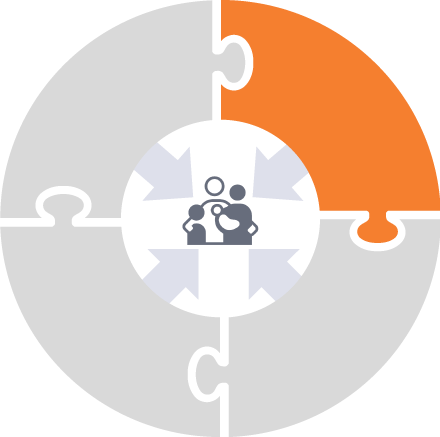Educational & Career Support

FAMILY/CAREGIVER SUPPORT
Services that address the health and wellbeing - physical, behavioral, social, and economic - of parents, families, and caregivers of young children
IN THIS SECTION
Continuing Education
Parents who left their educational pursuits early to take care of children or who wish to go back to school to further their education can use resources such as community college programs, night school, or specialty programs.
Many parents need to work during the day and may even work multiple jobs. Having continuing education programs that meet at night or on the weekends can provide flexibility for parents to balance work, education, and family responsibilities.
FAMILY/CAREGIVER SUPPORT
Ages
Birth - 5 years
Usage
Geography
Statewide
Professionals
Program Staff, Educators
Settings
Community Colleges, Universities, Community Organizations
Oversight, Guidance and Regulation
Department of Higher Education
examples
Community Colleges, Universities, Paraprofessional Programs
FAMILY/CAREGIVER SUPPORT
Ages
Birth - 5 years
Usage
Geography
Statewide
Professionals
Program Staff
Settings
Various Organizations
Oversight, Guidance and Regulation
Department of Transitional Assistance (DTA)
examples
Competitive Integrated Employment Services (CIES), Young Parent Program (YPP), Office for Refugees and Immigrants Program, Secure Jobs Program, DTA Works Internship, Work Participant Program (WPP), and Empowering to Employ (ETE), among others
Pathways to Work Programs
Pathways to Work programs are offered to families who receive
Transitional Aid to Families with Dependent Children (TAFDC).






